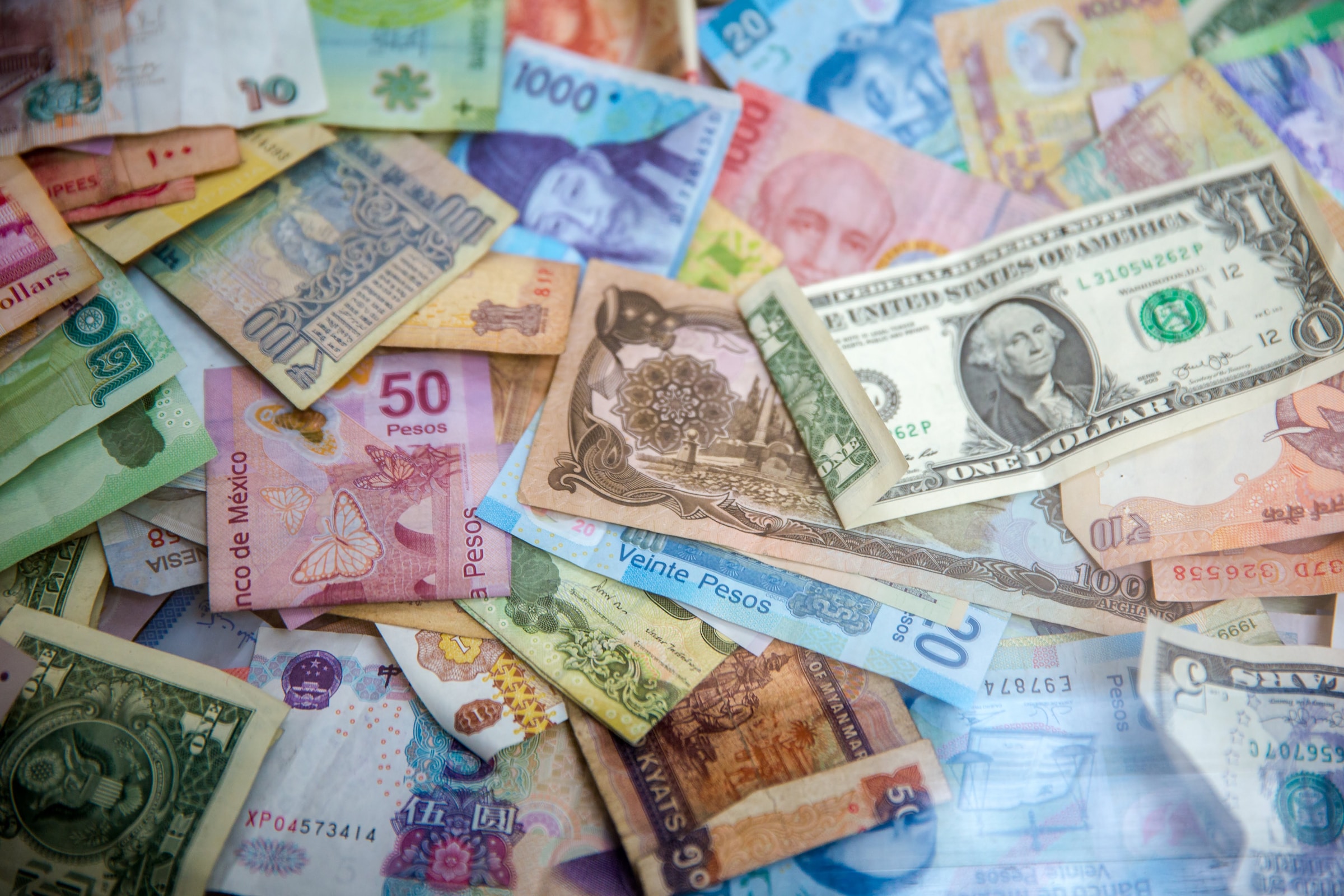Known by cultural names these self-managed money collectives function at the intersection of the social and business and are fundamentally anchored in reciprocity, trust and community development. Based on professor Caroline Shenaz Hossein’s research, the film posits that there is a Black Social Economy in which ROSCAs are at its very core. Though hidden in the social economy ROSCAs contribute to Canada’s legacy of mutual aid and economic cooperation.
Film by DiSE Collective (Diverse Solidarity Economies Collective).
Rotating Savings and Credit Associations (ROSCAs) are informal financial cooperatives where individuals come together to regularly contribute a fixed amount of money to a common fund, with funds distributed to members in rotation. This concept has a rich and diverse history, with variations found globally. In ancient societies, similar systems existed under different names, like “chit funds” in ancient India and “susus” or “sou-sous” in parts of Africa. ROSCAs transcend cultural and geographic boundaries, being observed in various communities worldwide, from Asia to the Caribbean. Beyond financial benefits, ROSCAs have cultural significance, fostering social bonds and mutual trust among participants. They serve as a means of financial inclusion, aiding those with limited access to formal banking services. While traditional ROSCAs rely on physical cash and trust, modern adaptations, including digital ROSCAs and online platforms, have emerged, further expanding their reach and impact.
ROSCAs continue to be a valuable financial tool for many individuals and communities, particularly in areas where formal banking services are limited or unavailable. They represent a form of grassroots financial empowerment and mutual support that transcends cultural and geographic boundaries.
